The beginning of Blair Johnston’s profile of Pablo Casals at AllMusic offers this quote from the Spanish cellist:
[T]he life of a single child is worth more to me than all my music.
That is pretty profound stuff. Philosophy majors, clergy and parents all could have a field day discussing it. In any case, it certainly makes one predisposed to like Casals’ music.
Casals, whose name actual was Pau Casals i Defilló, was born in 1896 in Vendrell, Spain and died in 1973 in San Juan, Puerto Rico. Johnston says that Casals pushed the cello into the mix at a time when piano and violin dominated classical music. He also was a conductor and a composer.
Casals came to the cello relatively late in the game for people who eventually rise to the levels that he did. He first learned piano, violin and organ and was discovered as a cellist at age 11.He was a man of more than words. In protest against the inaction of the major powers against Franco, Casals stopped performing after World War II. He was inspired by the Bach bi-centennial in 1950 and came out of retirement.
Johnston then turned his attention to the reason that Casals is more or less the Jimi Hendrix of cellists:
Casals’ impact on cello playing in the twentieth century cannot be overestimated. His radical approach to bow and finger technique produced a mechanical prowess far beyond any other cellist of the late nineteenth or early twentieth centuries. In addition, Casals was the first cellist to incorporate the kind of left-hand shifting techniques which had been employed for decades by violinists, thus allowing for far greater agility on the cello than had been previously thought possible. Always scornful of “flashy,” superficial virtuosi, Casals strove tirelessly to develop and maintain the kind of intense musical concentration which he considered to be the true artist’s responsibility.
It also seemed that Casals was deeply loved. Consider these quotes from the beginning of a long bio of Casals at ClassicalNotes:
Casals’ significance transcended his musicianship, phenomenal though it was. In the words of Thomas Mann’s eloquent tribute, his “proud, utterly incorruptible integrity … purifies and elevates our conception of the artist” and was “the symbol of the indissoluble union of art and morality.” Yehudi Menuhin agreed: his “simplicity, grandeur and integrity restore our faith in human nature.” Or, as Casals put it more humbly: “A musician is also a man, and more important than his music is his attitude to life.”
Above is “El cant dels ocells,” which Wikipedia says is a Catalan Christmas song and lullaby. The melody at the start reminds me of “Hatikvah,” the Israeli National Anthem. Below is a very interesting video of Casals teaching a master class at the University of California Berkeley in 1960. The piece is Johannes Brahms’ Sonata No.1 in E Minor, Op. 38. Wikipedia says the actual name of the piece is “Sonate für Klavier und Violoncello.” The YouTube notes say that the cellist is Nina de Veritch and Janet Goodman is the pianist.
Classical Notes, Wikipedia and AllMusic were used to write this post.

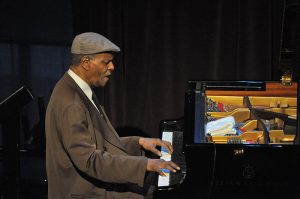
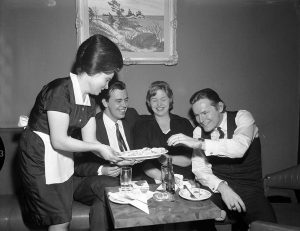
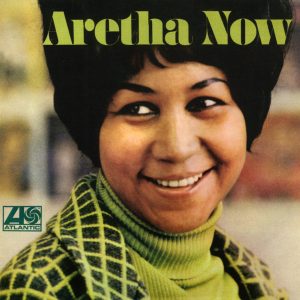
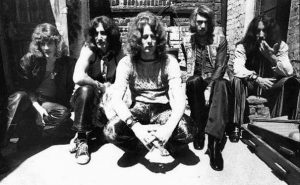

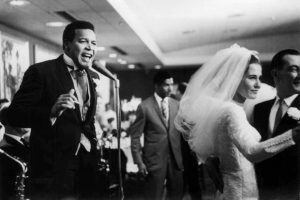



Add Comment